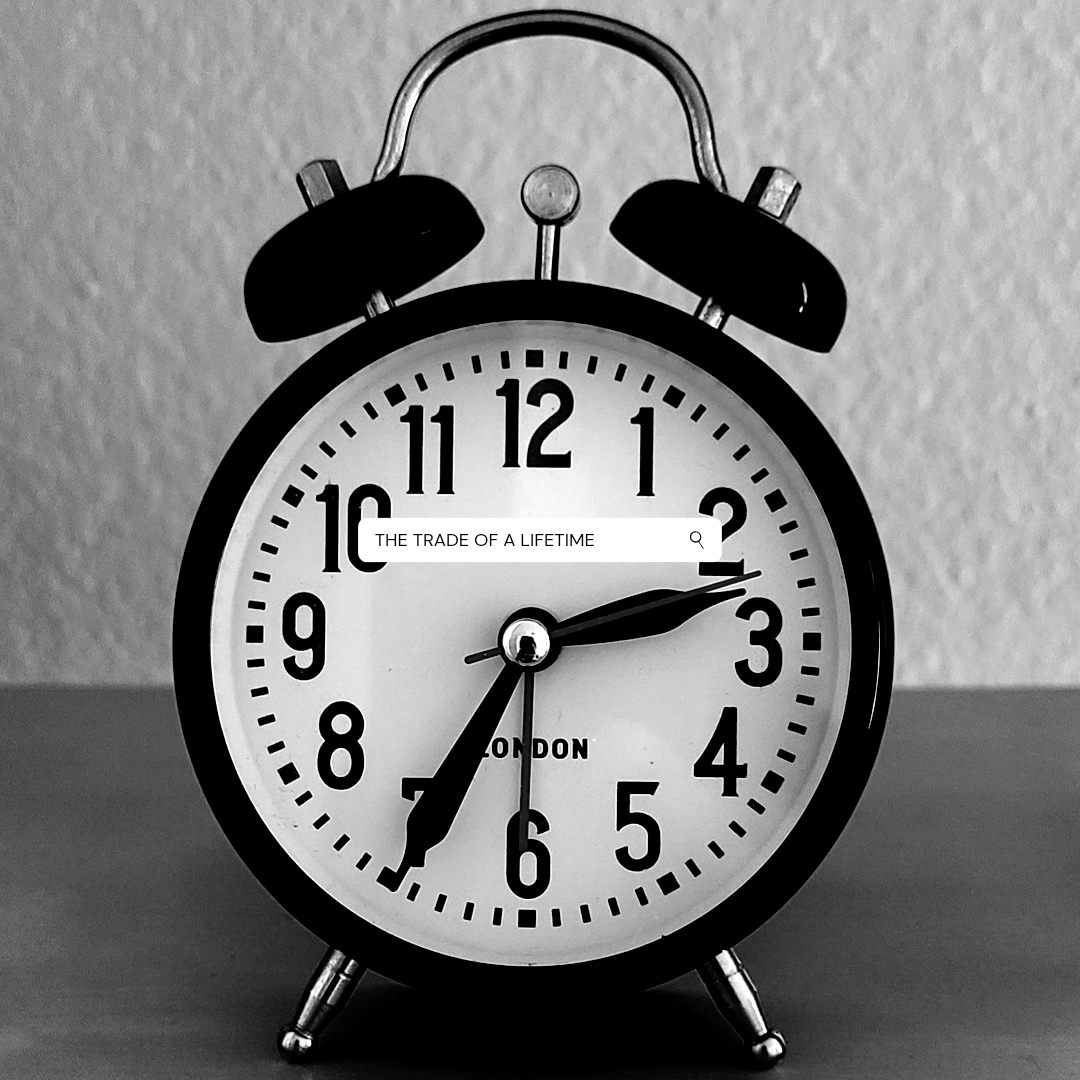The trade of a lifetime
Trader
(noun): a person whose business is buying and selling, or barter
Investor
(noun): any person or entity who makes a long-term commitment with an expectation of return on investment
Speaking of traders and investors, we are naturally inclined to think along financial and commercial lines. We picture scrolling ticker feeds on news channels, the ringing of the bell when a company has an IPO, and the famous Charging Bull at Wall Street. When it comes to matters of the wallet, conversations are generally perceived as uneasy and secretive, whether with friends, family or a potential life partner. Time and again, surveys have shown that the average person is more likely to discuss death, politics, sex and religion over money. This is most likely due to our inherently flawed perception of money as a yardstick of measuring our success in life, and hence our hesitation in opening up about our finances to others. Such an unnecessary taboo!
Anyhow. In spite of this blog’s active interest in free markets and financial freedom, this article is not about money. That topic has been reserved for another rainy day. Today, we’re specifically going to talk about the transactions we make every day in our very human lives; without ever realizing we’re traders and investors in all aspects of our existence. Finance will only serve as an analogy for what we intend to focus on.
In its most basic definition, a trade is nothing more than an exchange of one item for another. Long before money was invented, the barter system dictated our days and lives. Of course, due to a lack of common measure of value, this system had its internal flaws and eventually gave rise to the concept of universally accepted units of value; be it in the form of currencies or precious metals. Today, we like to think everything has a fair value, to a certain extent, owing to a standard assigned by our respective national currencies. And yet, the underbelly of this monetary system is still based on the immortal barter system. We continue to barter the most essential assets available to us throughout our lives.
Let us begin with the most undervalued of them.
Time.
We have been conditioned to believe that “time is money” – but is it, really? Did this adage exist before money was invented? It most definitely did not. The thought hits hard, doesn’t it? The greatest trick capitalism ever pulled was convincing the world to think about time in units of money.
Yet, we continue to barter away 40-60 hours on a weekly basis for that coveted paycheck or a bank deposit. To what ends, really? Our time is the most valuable asset we posses and have complete control over; which is why employment agreements come with mandatory mentions of a minimum number of hours we must devote on a weekly basis to make the world a better place. Naturally, our barter of time is not limited to cubicles or boardrooms, but extends to every moment we spend on this planet. It is up to each one of us to determine whether this barter is profitable in nature, or one of irreversible losses which cannot be claimed using any insurance in existence.
Now, if you’ve made it this far, the author has forced you to unknowingly (but hopefully willingly) barter yet another priceless asset.
Attention.
Let us face it. Attentional focus is becoming a scarce and increasingly endangered quality among the general populace. While the unprecedented pace of technological progress has led to the commoditization of internet access and smart devices; we have paid a severe, intangible price for it. Why do you think new content features on social media are introduced for ephemeral consumption? We’re in the middle of a true pandemic – an alarming decrease in the attention span of our species.
We think of multi-billion and trillion dollar companies as successful, but it is hardly their valuation which makes them so. The formula is quite simple: the more access they have to our attention spans, the more successful they become – and this perpetuates a vicious, never-ending cycle. It isn’t their product, but our attention which puts money in their bank accounts.
Time and attention are going to be at the very foundations of our journey into human cognition and behaviour; and for now we leave the reader to ponder over their hold on these assets. We’ll delve into human investments in a future article.
Now, it would be incomplete and inconsiderate of us to introduce a problem statement without presenting even a hint of a solution. We do not require a superhuman act of defiance here. We simply have to shift the balance between what we create and what we consume. One step at a time, one day at a time.
Write one line – it could be prose, poetry, or even code. Draw one brush stroke, scribble that doodle. Sing one verse from your cherished song. Bake a cake, shake a leg. If you’re not sure what you want to create, simply spend time with yourself, doing nothing at all. Clarity needs introspection, and introspection can only come from isolation.
“The true art of memory is the art of attention.”
— Samuel Johnson

Renata
Thank you for that, I needed this
Human Zero
I’m glad you enjoyed this! 🙂